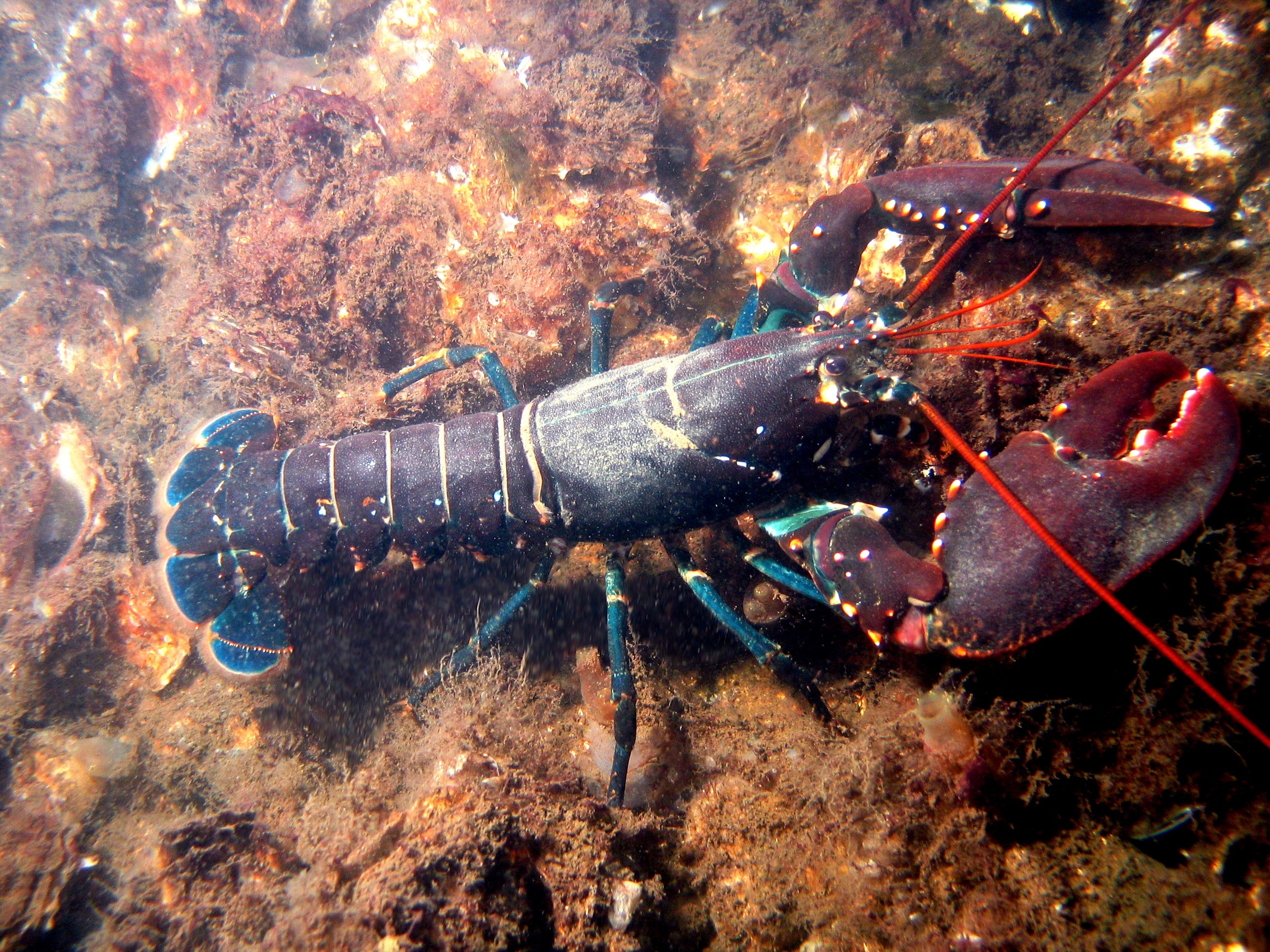Science Declares The Glory of God
Newsweek columnist George Will wonders if the U.S. government might be required to suspend the space program on the grounds that it violates the separation of church and state. "Soon the American Civil Liberties Union, or People for the American Way, or some similar faction of litigious secularism will file suit against NASA, charging that the Hubble Space Telescope unconstitutionally gives comfort to the religiously inclined," he jests. "Science ... is augmenting, not subverting, the sense of awe that undergirds religious yearnings."

The more we learn about the vastness and complexity of the Universe, the more reason we find for an awe inspired faith. And that's important because awe is prelude to worship.
"The heavens declare the glory of God; the skies proclaim the work of his hands" (Psalm 19:1).
Suspended Disbelief
The term “suspension of disbelief” was first coined by the poet Samuel Taylor Coleridge in 1817. Coleridge asked readers to allow a “willing suspension of disbelief,” so they might better engage with his fantastical poems.
Of course, we have all done this when reading a good book or watching a movie. Often, the difference between a positive or negative review is whether the critic was persuaded to suspend their disbelief. But even as we are persuaded to do this, no one really thinks that Superman can fly, or that Dr. Frankenstein was able to bring a corpse back to life. Rather, for the sake of being taken on the journey, we make a conscious decision to suspend critical thinking.
What we are less conscious of is the fact that we are often called upon to suspend our disbelief when it comes to how we view the real world. For example, who has ever actually witnessed the spontaneous generation of life from non-living matter? The fact that this has never been observed begs the question, what’s the difference between this “story” and the tale of Frankenstein’s life-imparting lightning strike? As far as we have been able to determine, the one is just as improbable as the other. At least Frankenstein’s effort had an intelligent agent behind it while the story we have been told is totally dependent on a chance occurrence. Yet, we consider one a fantasy while the other is touted as a fact.
The greatest minds in the world, combined with all of today’s advances in science and technology, don’t begin to know how to breathe life into non-living material. It’s not just that it’s difficult to do, it’s that we have discovered it to be beyond the realm of possibility. By any definition, such an event, however it happened, would be a miracle. And yet, without blinking an eye, we have suspended our disbelief and have accepted that it was blind, unguided chance that produced life. Modern science has asked us to allow a “willing suspension of disbelief,” so that we might better engage in their fantastical theories about reality, and we have complied.

We don’t typically suspend our critical thinking to no benefit, so why have we been willing to do this? What is the pay-off? We have turned our critical facilities off and accepted an inadequate explanation for the inexplicable so that we might avoid the implications of the inexplicable. We have suspended our critical thinking in order to embrace a narrative that leaves God out of the picture. In the face of the miraculous, instead of awe, we have chosen suspended disbelief.
"For ever since the world was created, people have seen the earth and sky. Through everything God made, they can clearly see his invisible qualities—his eternal power and divine nature. So they have no excuse for not knowing God" (Romans 1:20, NLT).
The Dramatic Rescue of Lobby Joe
Joanne Hong, with wimp.com, reports:
The last thing you expect to do when you make a trip to the grocery store is save a life, especially one that most people tend to overlook - a lobster’s. Lobsters, even rare ones, don’t get the same amount of love or attention that other animals do. There are countless animal rescue stories out there, including rescues of exotic animals, such as otters, lions, bears, and even turtles. However, there probably isn’t another story like this about a lobster, which is why it is so special.
It was just a day like any other when Christine Loughead met her lobster. While shopping at her local grocery store in North Ontario, she spotted the special guy, all alone and awaiting his fate, and immediately jumped into action. She told BuzzFeed Canada that she was standing in the meat section ... when she saw the lobster she later named Lobby Joe.
That's when Loughead decided to purchase Lobby Joe for $20.23 and send him back to his home in the Atlantic Ocean. She filled a styrofoam cooler with ice packs and newspaper and placed Lobby Joe inside. Then Loughead and her boyfriend set off on a six-hour drive to the UPS location in Winnipeg, to ship the live animal to a friend who agreed to set Lobby Joe free.

This story is newsworthy because it is unheard of that someone would set out to save a crustacean. A lobster hardly seems worth the trouble.
That describes how the Psalmist felt when he thought about all the trouble God was willing to go through for us. In disbelief, he wrote, “What is man that You take thought of him, And the son of man that You care for him?” (Psalm 8:4, NASV).
You and I are like Lobby Joe, condemned to die, waiting for our fate. But then, for reasons hard to explain, Jesus decided to give up everything to rescue us. The Cross of Christ is newsworthy because a holy God choosing to die for sinful man defies all reason. It is not only newsworthy, it is awe inspiring.
“Man is like a breath; his days are like a passing shadow” (Psalm 144:4, ESV).